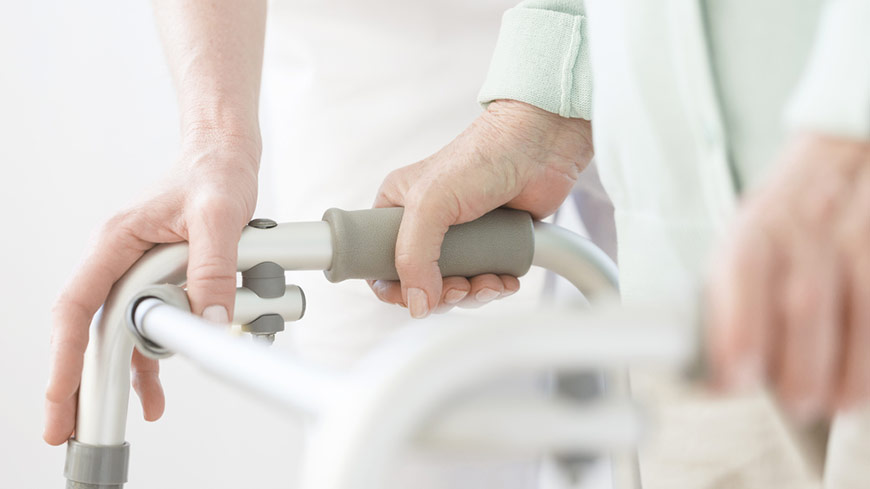Older persons
Older people face discrimination, exclusion and abuse, particularly in care settings. The Commissioner’s efforts are aimed at helping national authorities to adopt policies that address the specific needs of older persons, in particular to ensure protection, health care and inclusion.
The right of older persons to dignity and autonomy in care

full article


